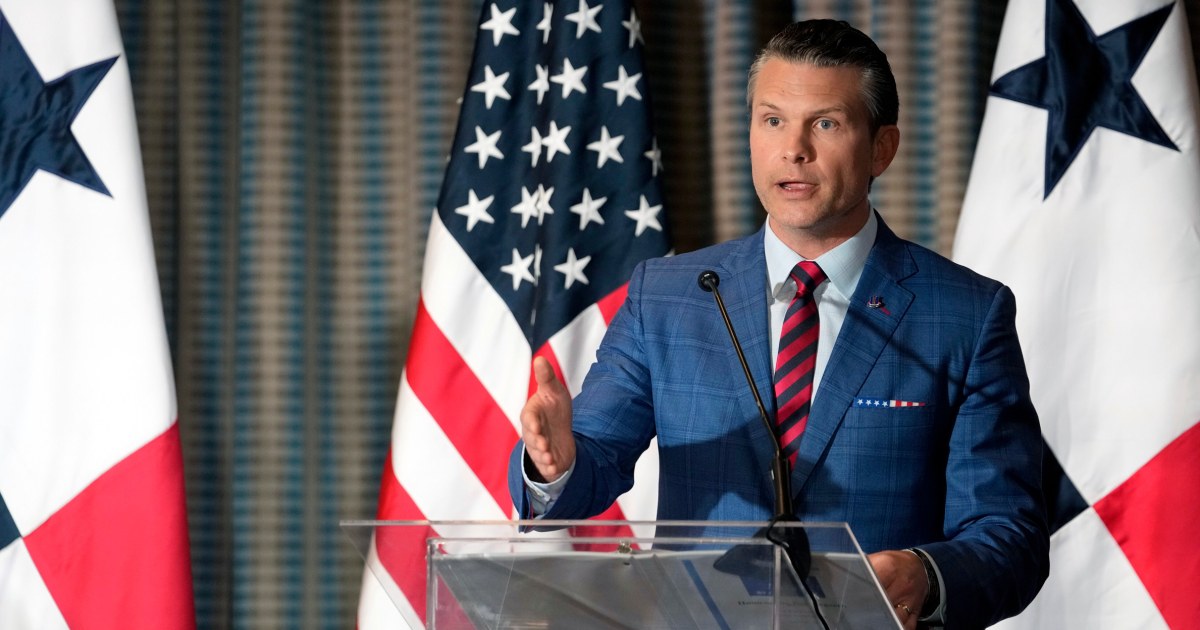Key takeaways:
- Defense Secretary Pete Hegseth reportedly shared sensitive military information about U.S. operations in Yemen via a private Signal group chat, which included non-official members like his wife and brother.
- Concerns have been raised about the handling of sensitive information, as Hegseth used his personal phone despite warnings about unsecured communication channels, following a similar previous incident.
- The inclusion of non-official individuals in the chat, such as Jennifer Hegseth, has led to scrutiny and a broader discussion on the protocols for communicating sensitive military operations.
On March 15, Defense Secretary Pete Hegseth reportedly shared sensitive military information regarding U.S. operations in Yemen through a private Signal group chat. The group included 13 individuals, among them Hegseth’s wife, brother, and personal attorney. Sources familiar with the situation confirmed that the messages contained details about flight schedules for F/A-18 Hornets, which were assigned to target Houthi positions in Yemen.
The incident has raised concerns about the handling of sensitive military information by senior officials. It was noted that Hegseth used his personal phone to send these messages, despite having been cautioned by an aide about the risks of using unsecured communication channels for such sensitive details. This development follows a previous occurrence where Hegseth shared operational details in another Signal chat that inadvertently included Jeffrey Goldberg, editor-in-chief of The Atlantic.
The inclusion of Hegseth’s wife, Jennifer, in the chat has also drawn attention. Jennifer Hegseth, a former Fox News producer, does not hold an official position within the Department of Defense. This has led to further scrutiny regarding the appropriateness of sharing military information with individuals outside of official government roles.
The situation has sparked a broader discussion on the protocols and security measures in place for the communication of sensitive military operations. As the matter unfolds, it highlights the challenges and responsibilities faced by senior officials in safeguarding national security information.



Be First to Comment